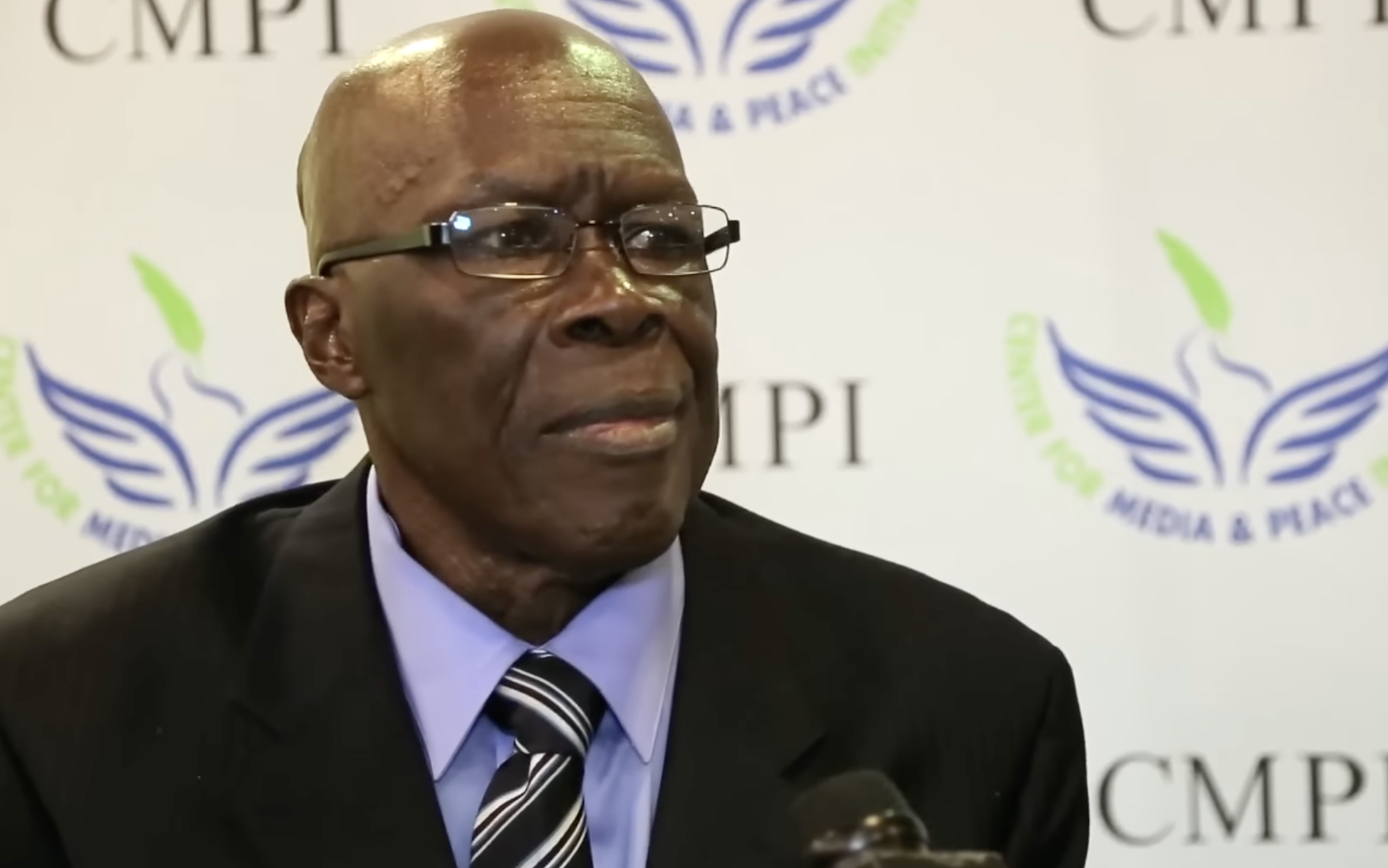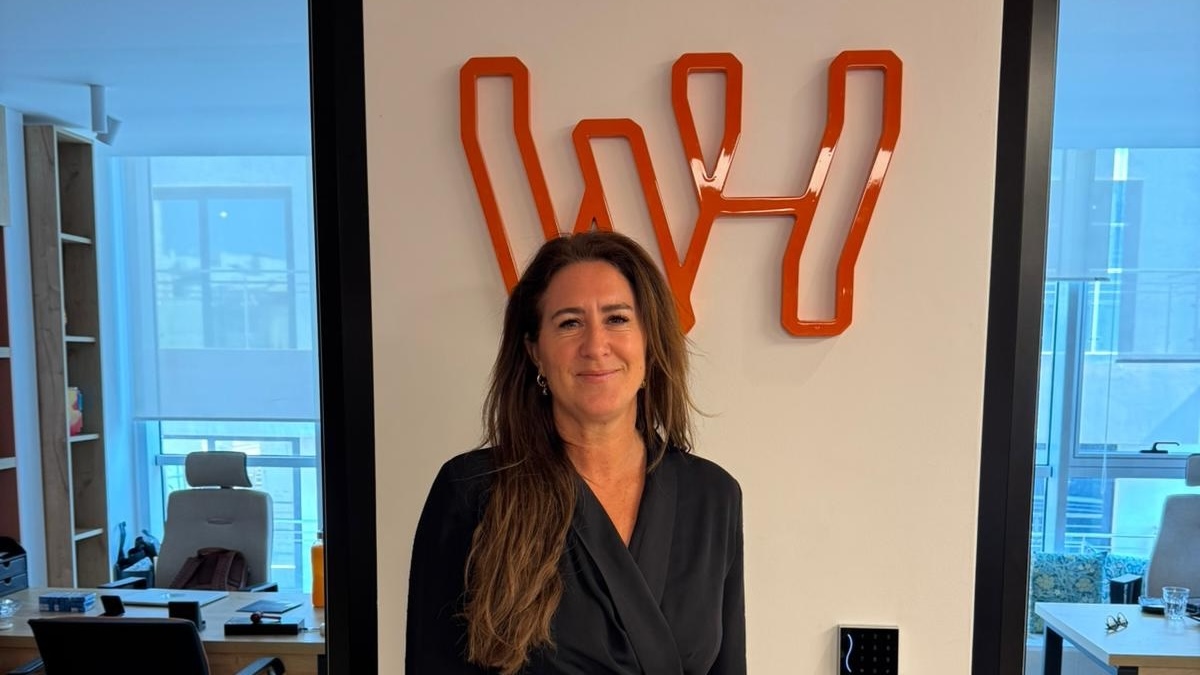Africa's ChipLap powers global AI innovation - CNBC Africa
In a revealing interview with CNBC Africa, Mitch Kurylowicz, the Canadian-born CEO of ChipLap, outlined his ambitious vision to position Africa as a major player in the global semiconductor industry. Unlike traditional semiconductor strategies focused on building massive fabrication plants, ChipLap emphasizes the importance of chip design, intellectual property, and testing. "Africa can win the semiconductor future without the need for mega semiconductor fabrication plants, or fabs, if it masters the design, intellectual property, and testing of chip design," Kurylowicz stated confidently. His company, ChipLap, is Africa's first full-stack chip design firm, with a mission to train a hundred thousand AI chip designers by 2050. Mitch Kurylowicz explained the concept of a full-stack chip design company, emphasizing that ChipLap focuses on every aspect of chip design to power the brains behind artificial intelligence systems. This holistic approach positions them to play an influential role in the rapidly evolving AI landscape. "We power the brain behind AI, ensuring that all our AI technologies, such as chatbots and language models, can function effectively," Kurylowicz elaborated. Kurylowicz's strategy deviates from the conventional path by eschewing the costly and resource-intensive process of semiconductor fabrication. Instead, ChipLap is focused on the design phase, allowing the ownership of valuable intellectual property within South Africa. Kurylowicz argued that by leading with design and subsuming the fabrication process, Africa could harness the economic and technical advantages without the need for immediate significant capital investments. However, this approach does not come without challenges. Some critics point out the potential vulnerabilities in focusing solely on design while relying on external parties for manufacturing. Addressing these concerns, Kurylowicz said, "It's a risk, sure, but lots of companies do just the design or just the manufacturing today. Owning the IP is what matters—whatever we make here in South Africa will be owned and remain proprietary." This strategy could potentially place the continent on the forefront of technological sovereignty. Scaling beyond South Africa, ChipLap's ambition is inherently global. Kurylowicz emphasized that though South Africa's current market is limited, the company aims for a wider reach. "We train designers from the top universities in South Africa and deploy them on global design engagements almost immediately," he revealed. Most of ChipLap's opportunities lie with clients in the United States and India, markets that account for a substantial portion of global chip design. A crucial component of ChipLap's strategy is their goal to train 100,000 chip designers by 2050. Kurylowicz acknowledges the challenges posed by brain drain in Africa and underlined the importance of retaining talent on the continent. "We need to make sure that talented, young professionals in South Africa don’t leave, but rather contribute to this growing sector," he said, emphasizing the need for public-private partnerships to achieve this goal. Toward this end, ChipLap is collaborating with MICTCTA and other educational institutions to ensure that they train adequately skilled designers. Kurylowicz underscored the importance of government support, citing examples of more developed chip markets, like the United States and Korea, which benefit from significant government investments. For those aspiring entrepreneurs and future chip designers looking towards this burgeoning field, Mitch Kurylowicz extended an open invitation to consider ChipLap as a pathway to being at the forefront of AI innovation. "We’re offering a groundbreaking opportunity to build the South African economy from zero to one in the AI microchip space," he concluded. As Mitch Kurylowicz, a Canadian entrepreneur who chose to build in Africa, suggested, "Many of us seeking greener pastures should ask why others see greener pastures on the African soil." His vision draws a compelling roadmap for Africa’s potential in pioneering global AI advancements through chip design.











